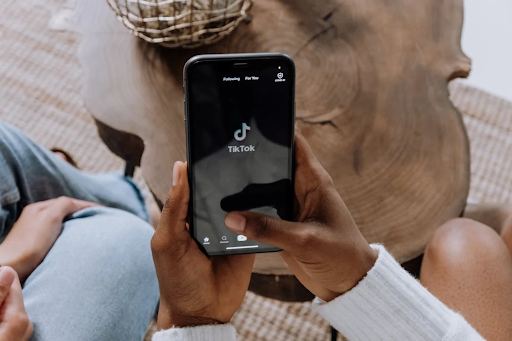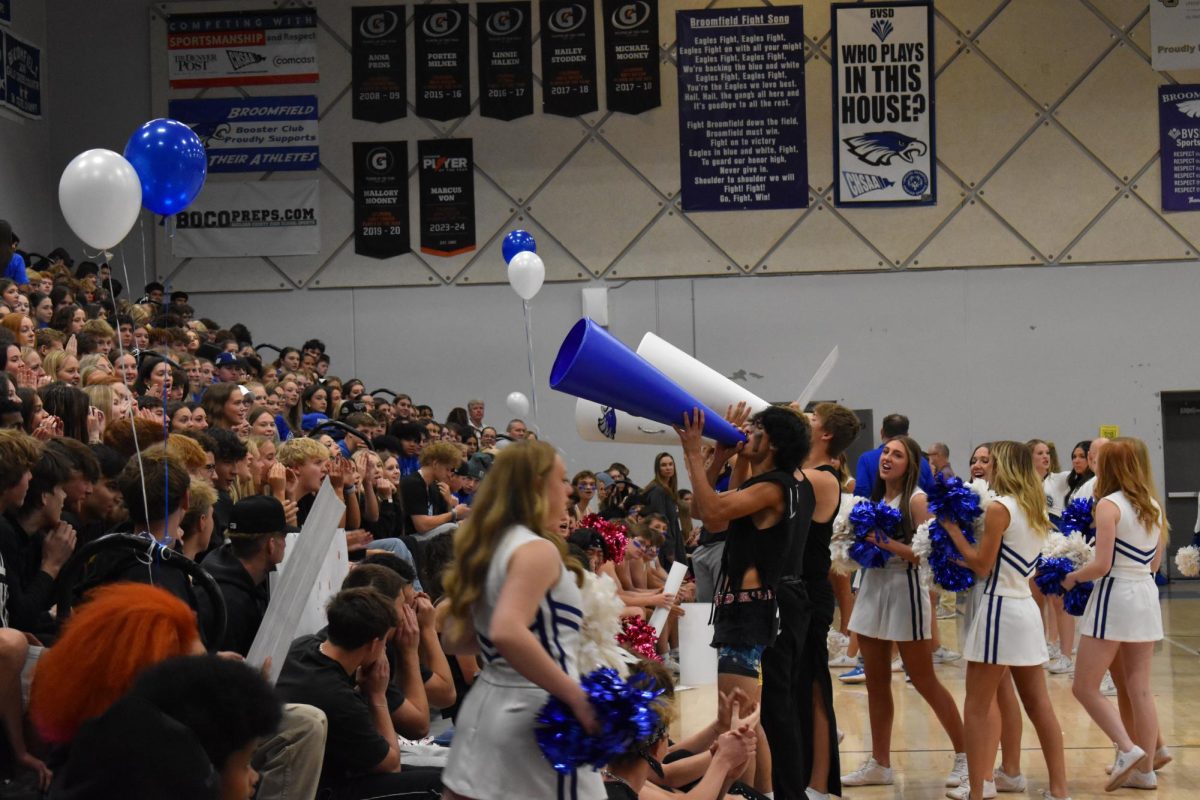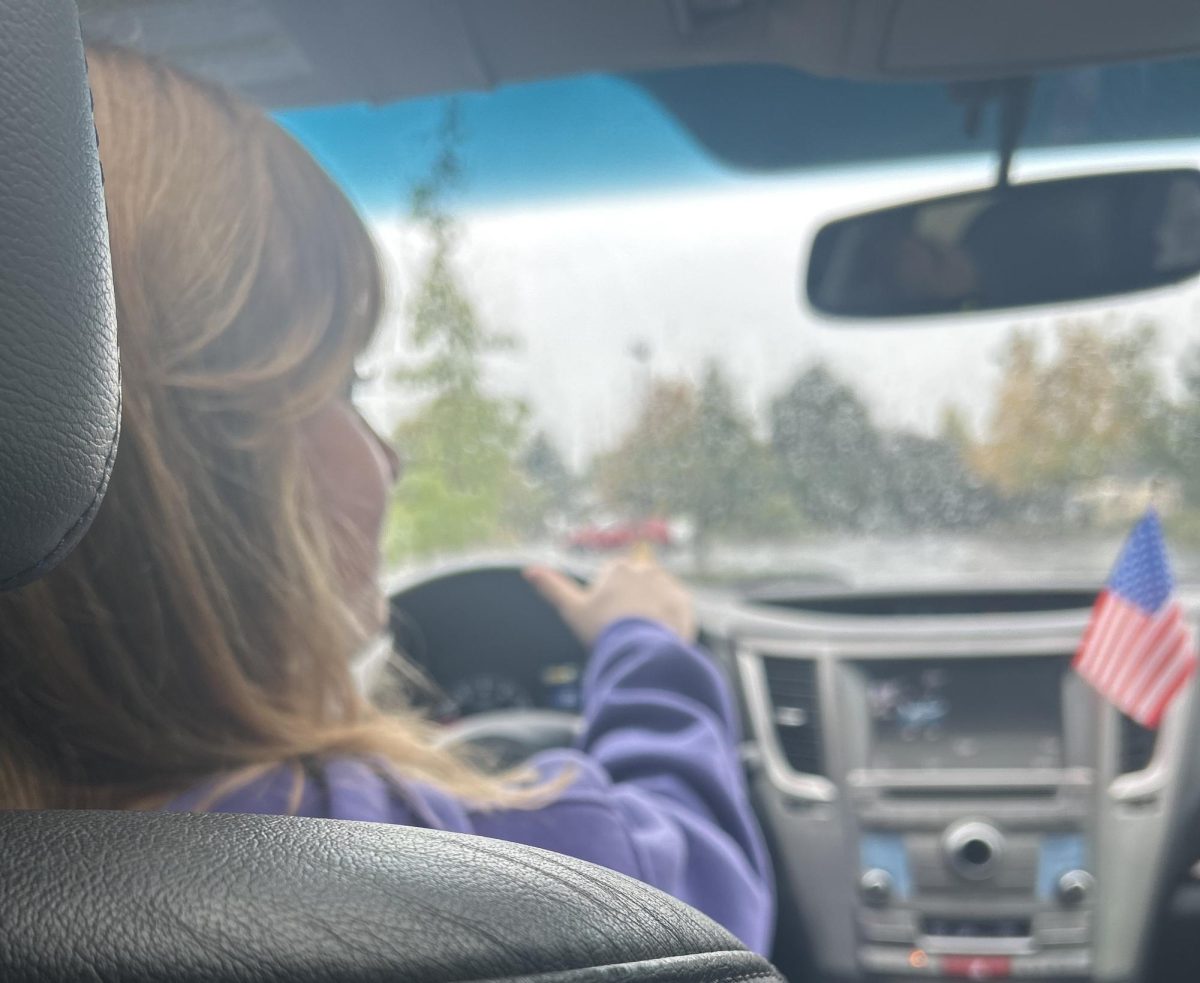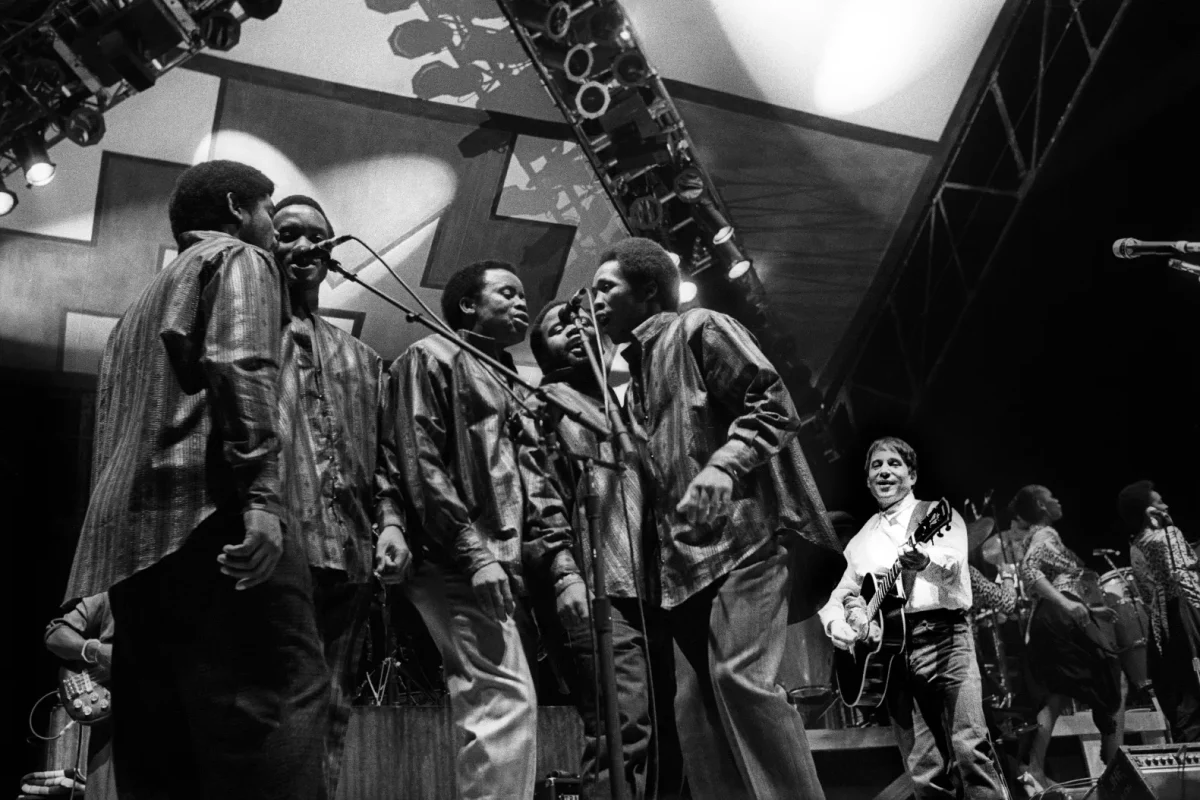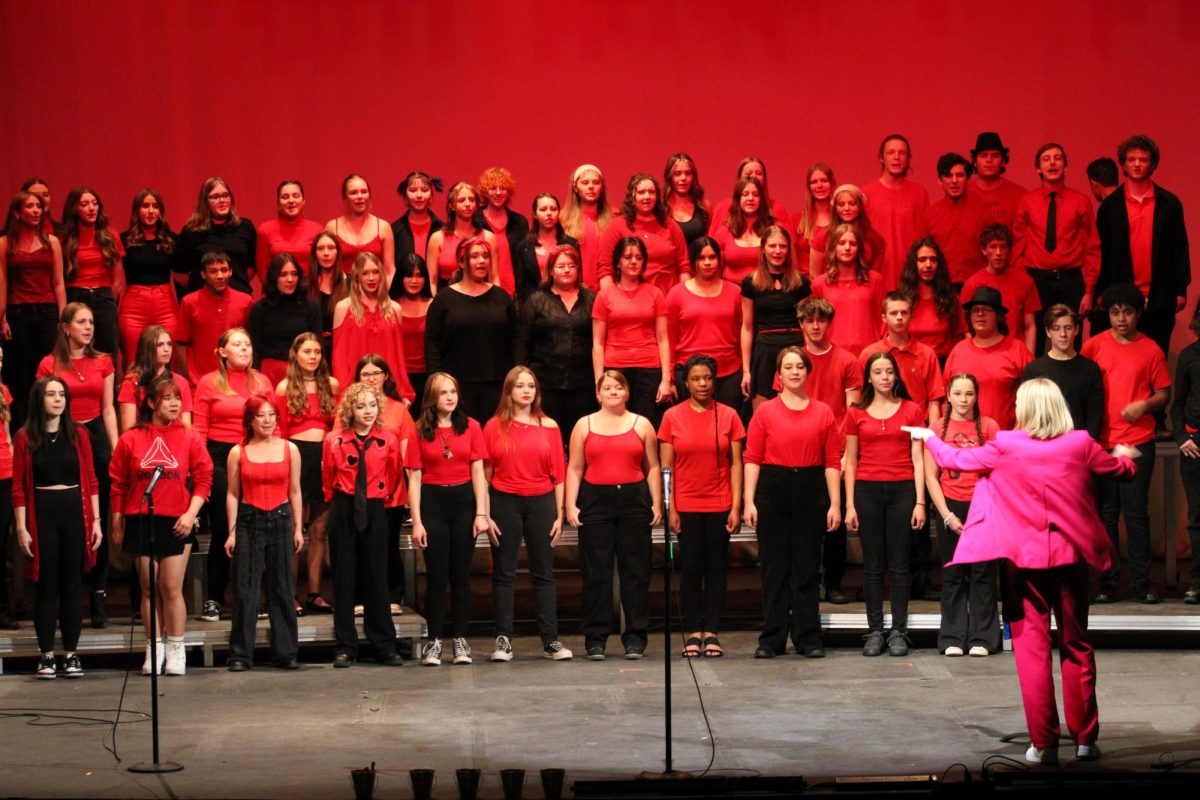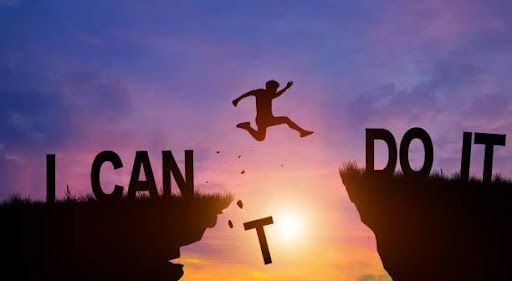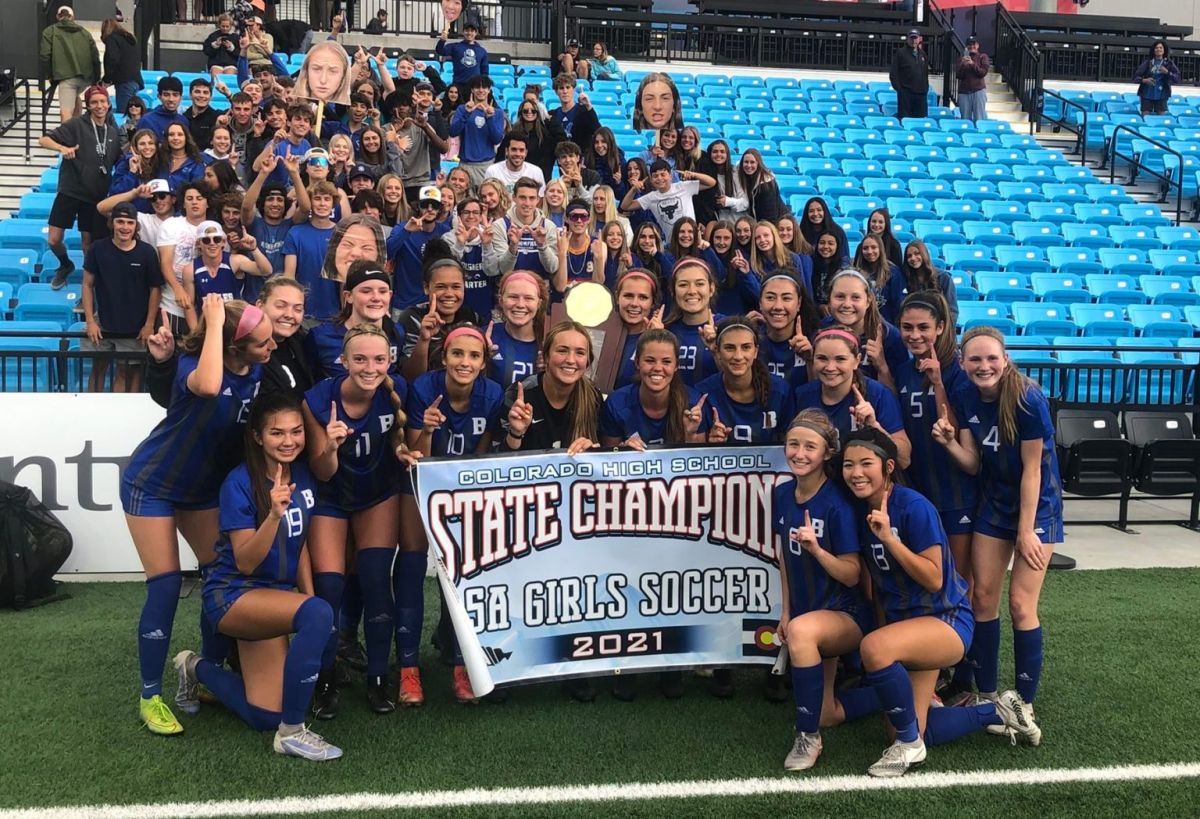It is a place of seemingly endless community. Each video connects the world with new ideas, cultures, and people. However, is the app that cultivates feelings of togetherness driving our society apart?
Recently, talk of a “TikTok ban” has been circulating in Congress. Originally advocated by former President Trump during his presidency, the bill has resurfaced in past weeks. Presumably, the bill is a way to “protect the national security of the United States from the threat posed by a foreign adversary.”
To put it simply, the US government is worried that ByteDance, a Chinese company and owner of TikTok, is stealing data from American users. Congress gave ByteDance the option to either sell the app or face a complete ban in the States. This ban is likely a tactic the US is using to take control of influencing giants (like TikTok) out of foreign hands.
What does this mean for Americans?
Social Media has experienced an exponential uprise and has become irreversibly integrated into millions of users’ lives. Regardless of the outcome of the bill, the digital world will continue to evolve in our society.
Aside from “data security,” there are some more theoretical benefits of a TikTok ban, reduced diffusion of “fake news” being one. The unregulated and unlimited ability of people to post on TikTok, as well as the blind trust of viewers, creates an environment for misinformation to thrive.
The captivating nature of TikTok makes users less inclined to fact-check certain claims on the app. Not to mention that TikTok is incredibly tailored to each individual, it essentially creates a loop of reinforcement for whatever information one wishes to receive (even if it is misleading).
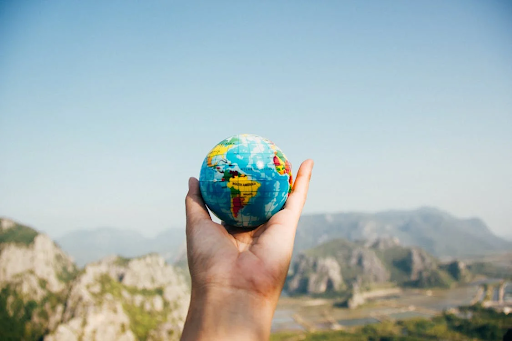
Due to this, many are abandoning credible news sources and adopting social media (specifically TikTok) as their main source of information. In turn, the TikTok “reinforcement loop” has the power to alter the perceptions of entire masses and therefore affect major political decisions (hence the US’s concern about TikTok’s Chinese ownership).
The elimination of TikTok might also help ease the epidemic of social media addiction. Most Americans spend anywhere from an hour to five hours of their day entranced by an endless scroll. This amounts to weeks of one’s year devoted to random, minute-long videos.
As a product, common sense and social skills seem to be an increasingly complex concept for TikTok users to navigate. Those who have successfully boycotted TikTok can attest: modern-day teens and children lack certain social cues, and it is likely attributed to social media.
However…
As a “Gen Zer,” I can see the impact of TikTok from both sides. Yes, the convenience of phones makes face-to-face interactions more foreign and has thus altered this generation’s behavior. But, this “change” does not necessarily indicate a loss of intelligence among teens. It is another way in which our society has evolved.
Anyone who is an avid user of TikTik knows the positive potential of an interconnected world. Exposure to new cultures, places, and things is more attainable than ever before. TikTik’s ability to touch millions of people creates a place for activists and small businesses to spread their reach.
TikTok has redefined what it means to have a job. It has inspired millions of people to ditch the 9-5 and explore the world while working virtually. As a result, people are more connected and live fuller lives.
Some may see this for better or for worse, but the reality is that a movement has started, and the likelihood of it reversing in the absence of TikTok is close to zero.
If Congress votes to ban TikTok, the gap will inevitably be filled by another media giant. This new digital age forces us to acknowledge that the roar of social media is not going to quiet anytime soon. To progress as a nation, we must learn to accept the direct (and indirect) influence social media has in our lives.


